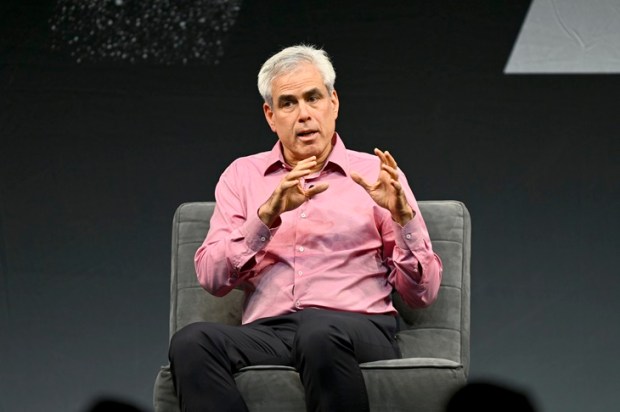Why would anyone be surprised at the latest NAPLAN results? Yes, they are disappointing, but the amount of hand-wringing expressed through media demonstrates either naivety or ignorance.
Many of us have been explaining the reasons behind our struggling schools for a long time. This makes it all the more frustrating to hear the media’s tiresome excuses. Here are a few ways to translate common phrases thrown around in media reports as excuses for why so many of our students are not doing well, remembering that, as CS Lewis quipped, the best lie is the one closest to the truth:
We need to get back to basics: Of course, this is right, yes? It might be, if teachers knew what it meant. Many do not. Today I heard a commentator say, ‘Yes, we have to get back to basics with young students – they must learn how to learn.’ Learn how to learn? What incoherency… It reflects the ‘21st Century education’ philosophy that says if we know how to think, we do not have to learn sequential core content. But that is not true. We must have our students instructed in the underlying information upon which they can build. An expert is someone who knows more than others and then they have a basis for thinking critically. Too often our teachers are not taught this.
Our teachers are not trained enough: I remember visiting a school in the village hill districts of Costa Rica. They had their first year of graduating students leave the school, half of whom were from an economically poor village and yet obtained full scholarships to American colleges. Further, at least half their teachers had no tertiary teacher training. Who were they? They were American college graduates who came to live in that village and teach their college subject to these school students as an extended ‘gap year’. Why did this work? These young teachers demonstrated outstanding relational commitment to the students around them, and through that relationship, developed a fruitful teaching and learning environment. What would our teacher unions do with a program like this in Australia?
We must focus on anxiety crises: The environment is boiling, the colonials are oppressive, and we must develop our own identity based on our fleeting feelings… This sort of thinking has replaced any certainty about what individual character is about in our schools. Character used to be based on understanding that we, as humans, are made to live in certain ways. This gave us a common mind on which common sense was based. Now we have dysphoric minds that chase therapeutised illusions of reality. That is the relational context of the current Australian classroom.
Teachers must manage classrooms better: As one young teacher said to me, the best way to do this is to redirect students and use better words. Because character has disappeared, and identity personality tests have taken over, teachers are timid in implementing consequences for bad behaviour. Oh, and I just used two politically incorrect words – ‘consequences’ and ‘bad’. What might happen if teachers actually spoke of punishment for wilful misbehaviour?
Our teachers are not paid enough: the history of investment in education in Australia clearly demonstrates that spending more money the same way does not make a difference. As in all aspects of life, it is what we do with what we have that makes a difference. But like so many of our federal government ministers, bigger government is given as the answer to the problems created by big government.
Our teachers are not paid well because of independent schools: Last time I checked, the NSW independent schools saved the NSW government the same amount as the price of the NSW Police department. The pleas to close down the schools that parents are actually choosing over state schools is driven by the unspoken belief that the government should have more influence than the family.
Trust us to fix it: Again, nothing will change in schools while government policy does not support families as families. Why do we think the best way to live as a society is by the government paying people to care for us, cradle to the grave? I am old enough to remember when I could at least claim something for supporting the rest of my family, while we chose to have only one of us working for pay. Why is it assumed that a child is only ‘ready’ for school if he or she has gone to a pre-school? Why are families discouraged to look after those in need in the family by the push to have everyone in the paid workforce?
Reviewers like Kevin Donnelly have summarised all this by highlighting that we are not instructing our students enough on essential knowledge anymore, and we have ignored our Judeo-Christian heritage. Douglas Murray’s recent article spoke to the heart of our cultural malaise when he asked, ‘Are we pleased to be in this country compared to others, or not?’ The anthropologist might ask it this way: ‘Should all non-Indigenous Australians simply sail away so that the original locals can continue with their pre-medieval designer tribalism?’
It is good that we are disappointed by reports that reveal learning difficulties for our students. But acting surprised by this news is to deny the dynamics of the false reality being constructed by people who call themselves progressive, but are in fact are taking us to hugely regressive places.

























